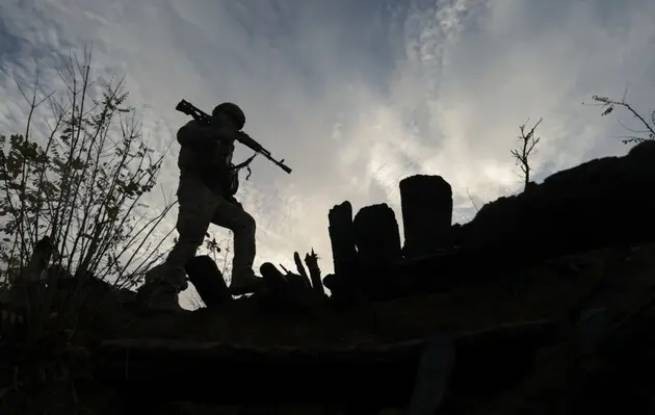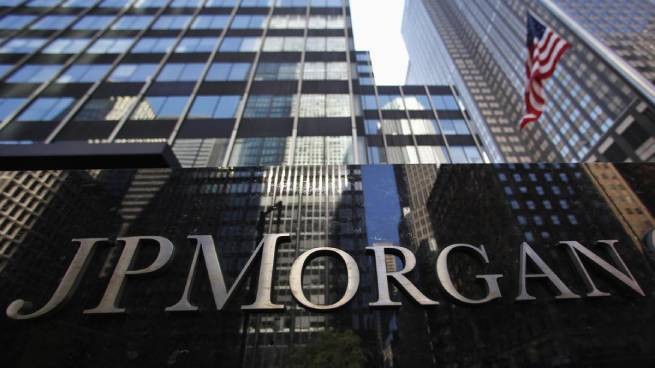Global Health Security Index 2021: The published report reveals the world’s unpreparedness for new pandemics.
The assessment of the global potential for health security was more than disappointing, writes Inosmi citing The New York Times. Health centers and hospitals in about 70% of countries lack sufficient capacity, and 90% of countries lack a vaccine and drug distribution plan for emergencies. Sadly and alarmingly, no state has sufficient capacity to adequately respond to epidemic outbreaks; all countries remain “dangerously unprepared”. And this is two years after the coronavirus pandemic that hit the world!
However, this assessment was predictable. The first version of the 195 countries index was published a few months before the appearance of the coronavirus, and even then it was obvious that the world was not ready for large-scale crises. But the situation is no better today, as follows from a report initiated by the Center for Health Security at the School of Public Health. Bloomberg at Johns Hopkins University and the global security nonprofit Nuclear Threat Reduction Initiative.
Dr Rick Bright, executive director of the Rockefeller Foundation Pandemic Prevention Institute, who is not involved in creating the index, says:
“I would call this report incriminating. The world is not ready. “
The report notes that worldwide, public confidence in governments is declining, political risks and security threats have increased significantly. Many countries have committed resources to address the pandemic crisis, but only a few have made targeted investments to improve overall emergency preparedness like this one.
Jennifer Nuzzo, an epidemiologist at the Bloomberg School and one of the report’s lead authors, notes:
“We have officially recorded the places where there are real improvements. But if at the end of the pandemic, political leaders do not prevent the destruction of everything that we have worked so hard on, the situation will slide to the starting point, if not lower. “
Each country in the study was assessed on a variety of factors and on a 100-point scale. The current average score is comparable to 2019 – 38.9 (2 years ago 40.2). However, no state was able to score more than 80.1 points and thus demonstrate the highest level of readiness. The USA, for example, which became leaders in 2019, retained the status with 75.9 points. Australia, Finland, Canada and Thailand follow.
Experts were really surprised by this result; many called the measures to combat covid in these countries a failure. Dr. Ezekiel Emanuel, a bioethics specialist at the University of Pennsylvania, was surprised:
“Is the USA really in the first place? I don’t think this rating can be considered credible ”.
However, Dr Nuzzo explains that the index was developed with the aim of assessing the resources and funds at the disposal of the state, and not to predict the success of their use in an emergency:
“The existence of something on paper does not mean its functioning. But the lack of any of the key elements can be harmful. “
The report indicates that the United States has a minimum indicator of public confidence in the government. Other vulnerabilities include financial barriers to health care and fewer hospital beds per capita than in other high-income countries. These vulnerabilities have the potential to compromise the United States’ ability to respond to future emergencies.
Rebecca Katz, director of the Center for Science and Security in Global Health at Georgetown University Medical Center:
“The pandemic is in full swing. The whole world is on fire. At the same time, there was no significant long-term build-up of strategic potential ”.
Taking into account the events of the past two years in the context of a pandemic, the authors of the large-scale report recommend that countries include in their budgets an item on financing measures to ensure sanitary and epidemiological safety. They also advise to analyze the indicators in the current conditions, study the experience gained and draw appropriate conclusions. Nahid Bhadelia, director of the Center for Emerging Infectious Diseases Policy and Research at Boston University, says:
“We need to think about our ability to maintain public health in a protracted crisis. In this situation, it is not only the response to the pandemic that is important, but also the ability to cope with everyday tasks. “
And what about our country? Where did she rank in this ranking? Greece with a score of 51.5 is in 42nd place, slightly below Italy (51.9) and above countries such as Turkey (46th place with a score of 50), Russia (47th place, 49.1 points), China (52nd place, score 47.5), Israel (53rd place, 47.2 points).






More Stories
Poll: which European countries are ready to defend their homeland to the last
Greece must transfer the Patriot PAC-3 system to Ukraine with US “guarantees” against the Turkish threat
How will the confiscation of Russian assets affect the global financial system?